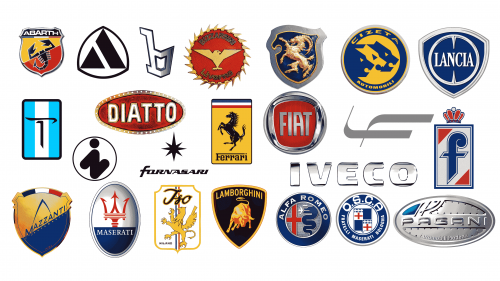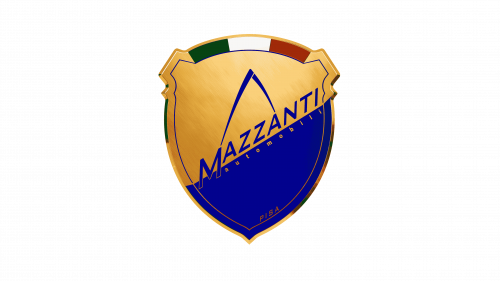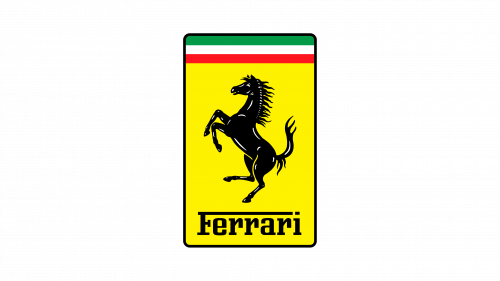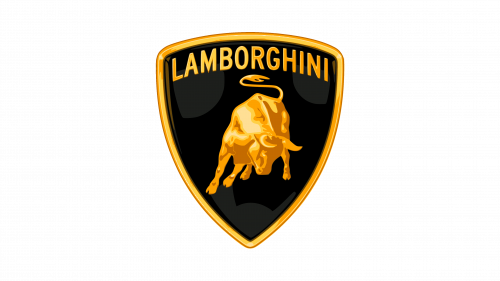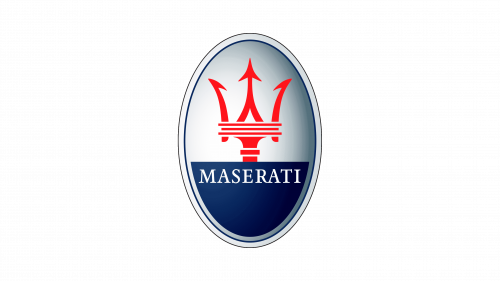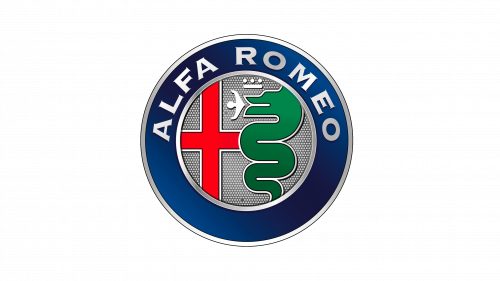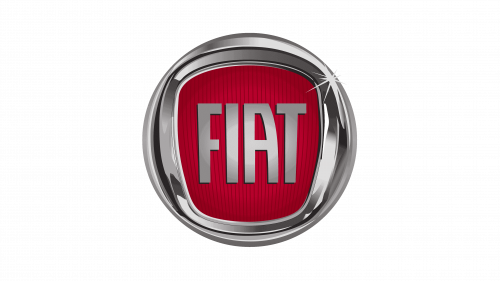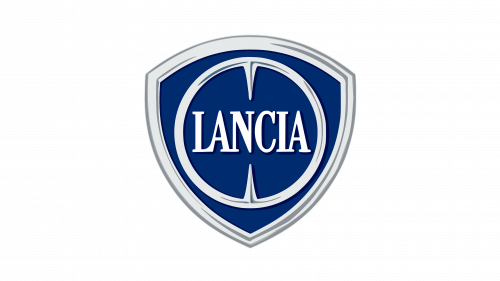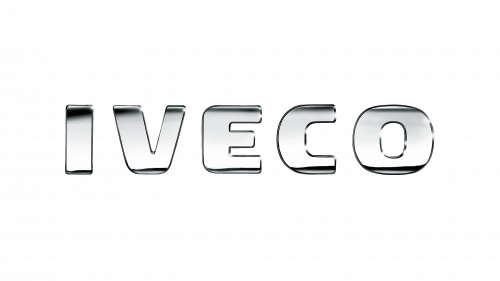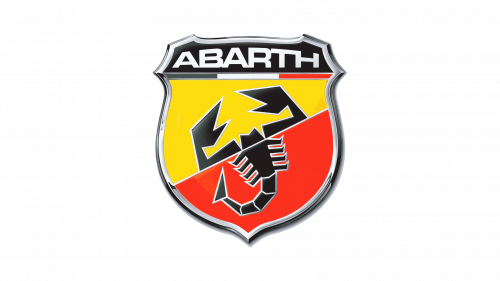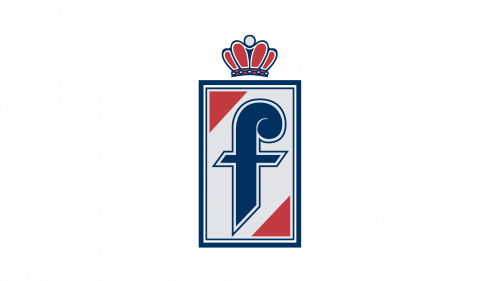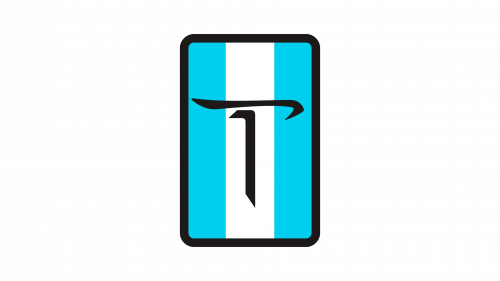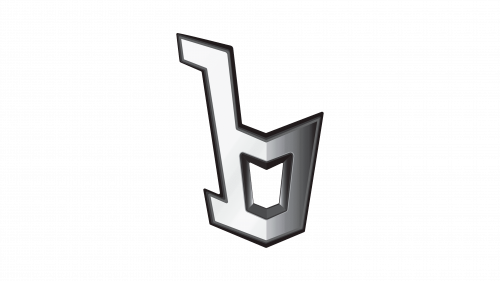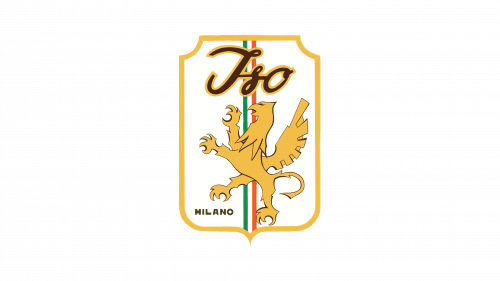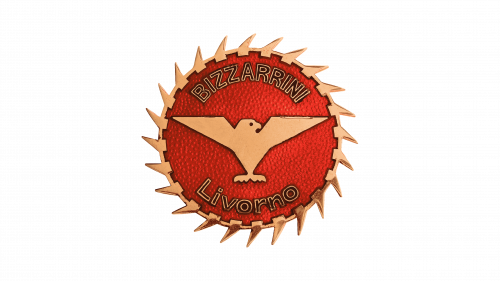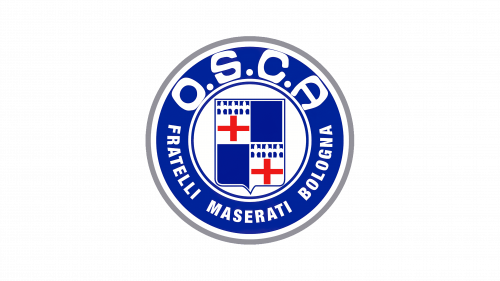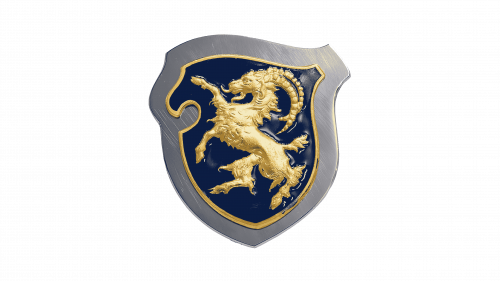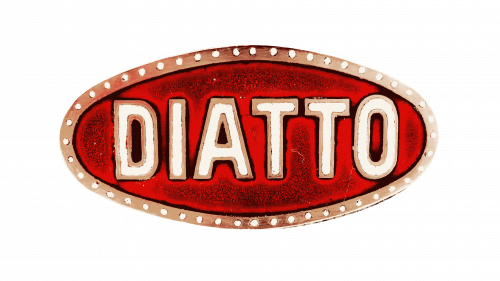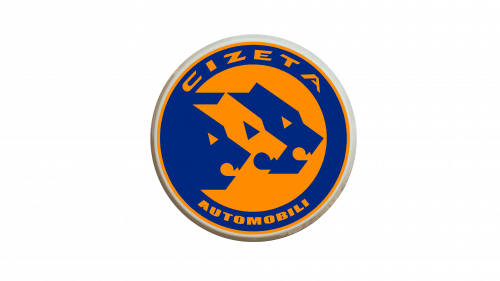Italian car brands, known for their high-quality craftsmanship and often high prices, are celebrated worldwide. While they may not share the same global fame as Japanese, Korean, or German car brands, certain Italian companies are universally recognized.
In the realm of the Italian automobile industry, thoughts often drift to the practicality of inexpensive FIAT small cars, the business elegance of Alfa Romeo Giulia, the luxury of Ferrari and Maserati Ghibli, and the high-octane thrill of Italian supercars and sports cars, known for their prowess in motorsports and Formula racing.
Italian cars, especially ordinary models, are lauded not only for offering the best value for money, quality, and economy but also for their unique style. Luxury Italian brands, on the other hand, skillfully blend futuristic and elegant design with the finest materials and incredible technical features, often boasting top speeds that make them standouts in motorsports. The Lamborghini Gallardo, for instance, exemplifies this blend of speed and style, hailing from the Modena region, a hub for the best Italian car brands.
In today’s article, we’ve gathered all the most significant Italian car brands, ranging from affordable mass-market manufacturers to the most exclusive and luxurious, mapping the landscape of Italian automotive excellence from small cars to the pinnacle of Italian sports cars.
Pagani (1992 — Today)
Pagani is a luxury Italian automobile manufacturer, which was established in 1992. It was named after Horacio Pagani, an immigrant from Argentina. After working for Lamborghini, Pagani decided to set up the production of sports cars. His first model, the 550 hp Pagani Zonda C12, caused a sensation at the Geneva Motor Show in 1999.The Zonda F supercar is the most expensive and high-speed car in the world. The cars produced by Pagani Automobili SpA can be easily recognized by their design, they are characterized by a very high-quality assembly and excellent road performance.
Mazzanti (2002 — Today)
Mazzanti Automobili is an Italian company that operates in the automotive industry and produces high-performance cars, assembled by hand. The company was founded in 2002 by Luca Mazzanti and Walter Faralli as Faralli & Mazzanti. Created as a laboratory combining restoration workshops and a supercar development center, in 2010 the company was divided into two brands: Mazzanti Automobili and Faralli Restauri.The Mazzanti Automobili brand gained international recognition thanks to the Mazzanti Evantra coupe, placed in the archive and collection of the Museum of Tuscan Design, Mu.De.To.
Ferrari (1946 — Today)
The brand, named after its founder, Enzo Ferrari, introduced its first model in 1946. The first Ferrari vehicles were exclusively racing cars, they marked many victories in various races in the 1950-the 60s. Ferrari is positioned as a pure sports car for fans of high speed and reliability. The red color is considered classic for cars of this brand.Thanks to the unique style, luxurious interior design, high speed, and reliability, the hand-made cars of this Italian brand entered the list of the most elite and safe racing cars in the world.
Lamborghini (1963 — Today)
The brand is named after its founder Ferruccio Lamborghini. Before he started producing luxury cars, Ferruccio had time to train as a mechanic and go through World War II. At the end of the war, Lamborghini established the production of tractors and water-heating equipment. Today the brand is synonymous with luxury and style, producing cars for wealthy people, and focused on exclusivity. The Lamborghini emblem is decorated with the golden bull on black background. Each model had names of bulls or cities where bullfights took place.
Maserati (1914 — Today)
The history of the Maserati brand dates back to 1914, when Alfieri Maserati opened a car design company in Bologna. Later, he was joined by his five brothers, and in 1926 they collectively produced the Gran Prix 1500. Initially focusing on racing cars, Maserati’s developments laid the foundation for racing engineering in Italy. Today, Maserati is involved in the production of not just sports cars, but also business vehicles. Each model, including the renowned Maserati GranTurismo, is distinguished by its exclusivity, high-quality parts, assembly, impressive acceleration, and dynamic handling. Maserati cars are known for their speed and comfort, often reaching impressive mph numbers with ease. Now owned by the Fiat concern, Maserati’s emblem, chosen by the brothers, is the symbol of the city of Bologna: a trident, rendered in the colors red, blue, and white.
Alfa Romeo (1905 — Today)
Alfa Romeo has been producing cars since the beginning of the 20th century.
The history of the brand began in 1905 with the French car factory Darracq, which in 1910 was reoriented to the production of Italian cars A.L.F.A. At the same time, the company was transferred from the suburbs of Naples to Portello near Milan. Ugo Stella was the initiator and director at the time. Now the brand belongs to the Fiat Group. Alfa Romeo is positioned as a comfortable reliable car focused on total comfort on the road. All functions of the car are aimed at satisfying the needs of the buyer. The brand also has sports models.
Fiat (1899 — Today)
Fiat is the oldest and largest car company in Italy. It was founded at the end of the XIX century by several large investors, including Giovanni Agnelli. Since 1903 the company began to design its engines for ships, buses, and then cars. Fiat – compact, but roomy cars, aimed at all segments of the population. This brand is the most affordable of Italian car manufacturers. Under the FIAT brand, over 1.5 million cars roll off the assembly line annually. Car assembly plants operate in more than 190 countries. During the century-long history of the brand, almost 50 million cars have been produced.
Lancia (1906 — Today)
The brand got its name in honor of Vincenzo Lancia, the co-founder of the company and famous racer. Together with his companion, Claudio Foggiolino,he established the production in 1906, and the first Lancia cars saw the light in 1907. The blue Lancia badge is executed in the form of a shield, inside which there is a steel steering wheel with the name of the brand. The company became famous after Lancia engineers managed to design a load-bearing body for the first time in the history of the automobile industry. To this day, this brand produces comfortable, reliable, and completely safe cars of the medium price category, capable of very high speed.Today the brand belongs to the Fiat Group.
Iveco (1975 — Today)
Iveco is an international automobile concern that produces industrial vehicles. The company is headquartered in Turin, Italy. Iveco is one of the youngest automobile concerns in Italy. It was founded in 1975. The logo depicts a running horse on the background of a ring. Producing industrial vehicles has gained impressive weight on the world stage. Today it has 50 workshops in 19 countries. Produces trucks, diesel power plants, buses, fire trucks, vans, and cars.
Abarth (1949 — Today)
Abarth is a famous automaking atelier, based in the Italian city of Turin. The main activity of the brand is the production of sports cars based on Fiat. The automobile brand Abarth was founded in 1949 by Karl Abarth. Abarth & C. S.p.A. is wholly owned by FCA Italy S.p.A., which in turn is a subsidiary of Fiat Chrysler Automobiles. The symbol of the brand is Scorpio, which is Karl Abarth’s zodiac sign. The general shape of the logo is a shield, denoting strength and power, symbolizing resistance to hardships and striving to become the best in time. The three colors under the company name, green, white, and red are the main colors of the Italian national flag.
Pininfarina (1930 — Today)
Pininfarina is an Italian automaking brand that builds luxurious sophisticated cars. It was founded by the designer and engineer Battista Farina “Pinin” in 1930.It is now, without a doubt, the most famous automobile design company in Italy – and, perhaps, in the whole world. Pininfarina actively cooperates with the key domestic car manufacturers, and after World War II it entered the foreign market as well. In 2019 the Italian company has introduced its electric hypercar — Pininfarina Battista, named after the founder of the legendary brand.
Fioravanti (1991 — Today)
Fioravanti is an Italian car design studio located in the suburbs of Turin. The company started as an architectural firm that worked on projects for Japanese clients, and since 1991 switched to the design of cars.Fioravanti was founded by Leonardo Fioravanti, who worked with Pininfarina for twenty-four years on such cars as the Ferrari Daytona, Ferrari Dino, Ferrari 512 Berlinetta Boxer, Ferrari 308 GTB, and Ferrari 288 GTO.The first car of the company was introduced in 1994. It was the Fioravanti Sensiva.
Defunct Italian Car Brands
De Tomaso (1951 — 2004)
Alejandro De Tomaso founded the racing car company in 1951. He was a professional racer from Argentina, who competed in Maserati and OSCA cars. In 1959 he decided to establish his own company to produce racing cars, using OSCA engines.The first emblem of the company De Tomaso was a symbol of the goddess of fertility named Isis from the mythology of Ancient Egypt. In 2004 the production of De Tomaso racing cars was stopped, but in 2009 the brand was bought out by Jean Mario Rossignolo, who changed the production of race cars to coupes, sedans, and SUVs.
Bertone (1912 — 2014)
Bertone is the name of a former Italian automobile manufacturer, which designed the bodies of many famous brands. The company was founded by Giovanni Bertone in Grugliasco in 1912.Gruppo Bertone, commonly known simply as Bertone, was an Italian car company that specialized in car tuning and bodybuilding. There was a special Bertone style: most cars had a strong “family resemblance” even though they were marked by different manufacturers. Bertone worked on Abarth, Alfa Romeo, Aston Martin, Citroën, Ferrari, Fiat, Iso, Lancia, Lamborghini, Mercedes Benz, Opel, Volvo, and many others. In addition, the Bertone studio was responsible for two late Lambretta scooter designs.
Innocenti (1920 — 1997)
Innocenti was an Italian engineering plant originally founded by Ferdinando Innocenti in 1920. Over the years, the company produced Lambretta scooters as well as several cars, mostly based on British Leyland models. The brand was closed in 1997, six years after the takeover by Fiat. For 50 years, the company had been producing scooters, and it was not easy to break into this segment, because at the time when it was founded, the market was dominated by Fiat. But certain models did get a vocation. This is the Innocenti 950 Spider from 1963, a 2-seat model with disc brakes and a 58-liter engine.
Autobianchi (1955 — 1995)
Autobianchi was an Italian automobile manufacturer created jointly by Bianchi, Pirelli, and Fiat in 1955. Autobianchi was bought by the Fiat group and later integrated into Lancia. The brand was retained in Italy until the end of production of the Y10 model in 1995, but in other countries, it was renamed Lancia as early as 1989. The company logo was a geometric figure, based on triangular structures.
ISO (the 1940s — 1964)
An Italian motorcycle and automobile concern that existed from 1940-1970. The logo is a stylized image of an “ISO”, a griffin on the background of the Italian flag. Under the Iso brand, cars and motorcycles were produced by Iso Autoveicoli S.p.A. from Italy. Iso is known for the iconic Isetta, which was produced in the 1950s, as well as several powerful cars in the 1960s and early 1970s.
Bizzarrini (1964 — 1969)
Bizzarrini S.p.A. was an Italian manufacturer of custom-made sports cars in the 1960s. The company was founded by former Alfa Romeo and Ferrari engineer Giotto Bizzarini. Having invested everything in high-tech developments and participation in Le Mans, Bizzarrini failed to organize the business properly and went bankrupt in 1969, producing less than 200 cars. Several concepts were built under the Bizzarrini brand in the 1990s and 2000s, but none of them went on sale.
OSCA (1947 — 1967)
OSCA is the name of another defunct Italian automaker, which is deciphered as Officine Specializzate Costruzione Automobili – Fratelli Maserati S.p.A. This racing and sports car manufacturer was founded by the Maserati brothers in 1947 in San Lazzaro di Savenna, Bologna, and closed in 1967. The OSCA cars managed to win many prizes in the class to which they belonged, thanks to the use of four-cylinder engines with two camshafts as the power plant.
Cisitalia (1939 — 1958)
Cisitalia was a company that produced sports and racing cars. The name Cisitalia is derived from “Compagnia Industriale Sportiva Italia”, which means “Italian Sport-Industrial Company”. This historical brand was founded in Turin at the end of the 1930s and run by Piero Dusio, a rich industrialist and sportsman. The Cisitalia logo is a blue irregularly shaped shield with a gold crested goat. The Cisitalia 202 GT, produced in 1946, is widely known in the world as the “rolling sculpture”.
Diatto (1905 — 1955)
Diatto is the name of a historical Italian automaker, founded at the beginning of the 20th century, whose cars have won many racing championships in Europe and the United States, and are highly prized among motorists. Until 1909, the company produced 250 cars per year, adding three cars of different classes to its lineup. In the period from 1911 to 1915 Diatto produced only one model Unico with a 2.2-liter engine and 20 horsepower. During the First World War, the Diatto enterprises started the production of firearms.
Cizeta (1980 — 1994)
Cizeta is the name of a discontinued Italian company, which was created with the idea of production of the most perfect supercar in the whole world. The history of the company began in 1980, and eight years later, in 1988, in Geneva, the Cizeta Moroder model was introduced to the company. Under the hood was a V-shaped 6-liter 520-horsepower engine with 16 cylinders, thanks to which the car accelerates to a hundred in just four seconds. And the maximum speed was 327 km/h. But in 1994, the company was closed. However, it managed to become famous for its shortest history, one of the most powerful engines, and an incredibly high price for its cars, which was around 700 thousand euros at that time.
Fornasari (1999 — 2015)
The history of this little-known Italian car brand dates back to 1999 when the company’s founder Giuseppe Fornasari and a team of friends opened Fornasari. Before that, Giuseppe already had the experience of working with his partners at Callaway. The company’s firstborn was not long in coming, and already in 2001 the first model – 3-door Fornasari RR – was presented at the Bologna Motor Show. In 2009 the company has designed an SUV, which was named the strongest competitor of the Porsche Cayenne. But things didn’t go well for Gornasari, and in 2015 the business ceased all operations.
What cars are from Italy?
Italy is a country known for its popular automaking brands, including budget-friendly ones like Fiat, Alfa Romeo, Lancia, and high-performance sports cars from luxury marques such as Ferrari, Lamborghini, and Maserati, renowned for their dynamic driving experience and top speed. Additionally, Italy houses exclusive ateliers like Abarth and Pininfarina, which specialize in rebranding and enhancing popular Italian automobiles.
What is the most popular Italian car?
The most popular Italian car brand is FIAT, celebrated for its unique designs and affordable prices. However, the most famous Italian car is the Ferrari, synonymous with high-performance and luxury, consistently leading in the world’s rankings of the most desirable cars for decades.
How many car brands are Italian?
Italy, a country celebrated for its passion and expertise in design and beauty, boasts a highly developed automobile industry. There are several dozens of car marques in Italy, ranging from the affordable Fiat models to the luxurious, high-performance brands like Lamborghini and Pagani. This list also includes a number of discontinued brands.
What is an Italian luxury car?
Italy is the homeland of many luxury car brands, including Ferrari, Maserati, Lamborghini, and Pagani, known for their top speeds and dynamic performance. Additionally, tuning ateliers like Pininfarina can transform any model into a pinnacle of luxury.


